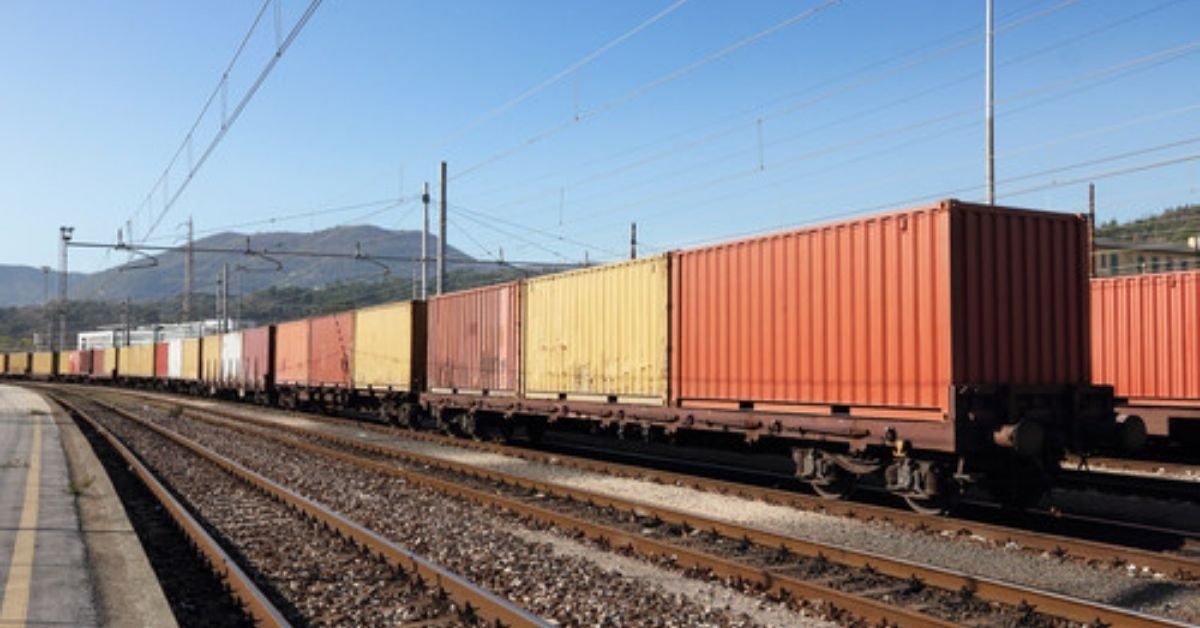The Indian Railways have issued a circular imposing a 10% Busy Season Haulage surcharge on all Container Traffic dated 29th September which went into effect from midnight 30th September. This sudden and effective increase of 10% in all container levies with no pre-intimation or engagement with stakeholders has come as a shock to the sector informs ACTO. In this regard, Association of Container Train Operators wish to bring the following issues to attention:
Container Haulage has always been exempted from levy of busy season surcharge as container movements (which are mostly driven by EXIM cycles) are not impacted directly by the Indian Railways seasonal freight cycles. Ever since the privatization of container traffic in 2006, this is the first time that busy season surcharge has been imposed on this traffic. Railways need provide stable policy environment for container train operators to attract more private investment in the sector. Such policy changes will affect the investment in the sector.
In the original circular it is mentioned that busy season surcharge was not applicable to certain traffic including automobiles (both railway and private rakes) and also containers. By now including containers under BSS, a selective discrimination has been made against the container sector. It is our contention that the container sector will continue to provide the maximum long term potential for cargo migration from road to rail, but such discriminatory and cost escalatory initiatives will only work to drive traffic away from rail.
There has been a period of relative stability in container haulage in the past few years, which has resulted in steady growth in business. Also, with the increase in rail capacity brought in by the DFCCs, it has been expected in the trade that there will eventually be a reduction in costs and an increase in the Railways modal share. A sudden unplanned increase in costs by 10% will have an immediate impact on the health of the business. Road sector does not face any seasonal surcharges (if at all, it often benefits from off season discounts). At a time when road costs have been dropping and service quality getting better due to improved road conditions, this increase in cost will lead to the rail sector becoming uncompetitive.
Implementing such a heavy cost increase also on empty running will further compound the impact on the business. As empty movement’s dry up, there will be increased equipment imbalances, leading to further increase in costs. Efforts to develop domestic circuits where some extent of empty moves are built into the business will also be severely impacted.
CTOs have been requesting for a rationalisation in the haulage structure for some time in order to attract more light cargo, permit operationally required empty moves at reasonable costs and in general address the issue of price competition with road more effectively. This current change will effectively negate our efforts and push back the sector to a situation of extreme economic pressure.
At a time where the government’s effort is to work toward a reduction in the logistics cost and to make Indian Exports more competitive in global markets, this increase will work at cross-purposes with these clearly defined national objectives.
The MCA itself specifies at least a 15 day notice to be issued for levy of any changes in haulage charges, and as a sector it has been a long-standing demand that any changes in price need to be notified in advance so that the sector is able to inform our customers, re-negotiate existing contracts etc. Generally, an advance notice period of at least 3 months is needed for such commercial activity, and to be notified on the last working day of a month of an increase that goes into effect within 24 hours will create a serious negative financial impact on the sector as the entire haulage increase will have to be borne by the CTOs.
In light of this, ACTO has requested the following considerations to be taken by Indian Railways to help resolve this matter as early and amicably as possible:
1. The current decision to implement an increase be held back for at least a period of 3 months. 2. A meeting be called with Container Train Operators to discuss both pricing as well as related Container sector issues – ACTO will be happy to submit an agenda in advance, and work toward a consensus approach to resolving issues and working toward further growth in the container sector. 3. ACTO specifically seeks to develop a transparent, fair, and predictable haulage charge regime so that all such instances of changes in future do not result in sudden shocks and loss of business.






